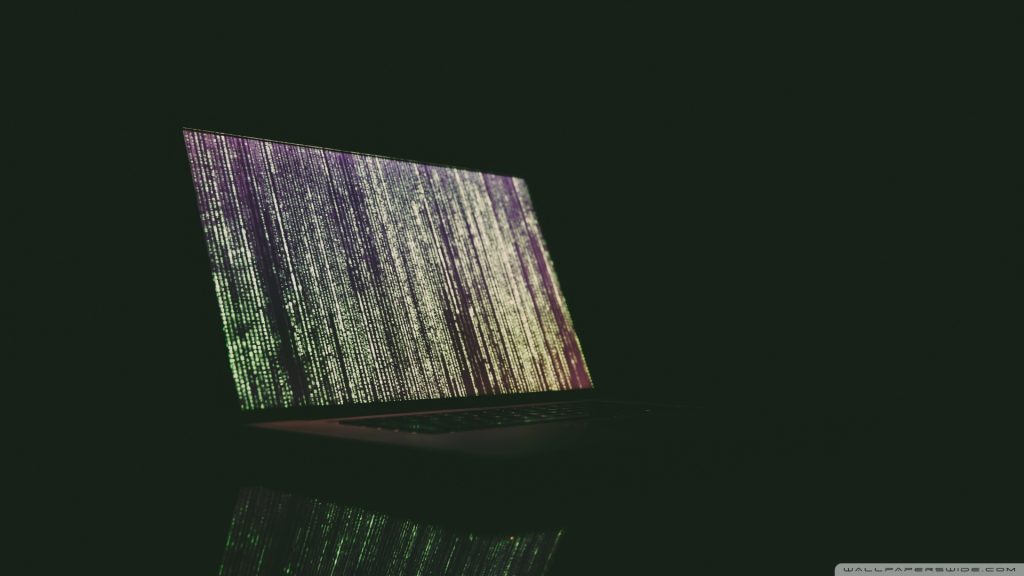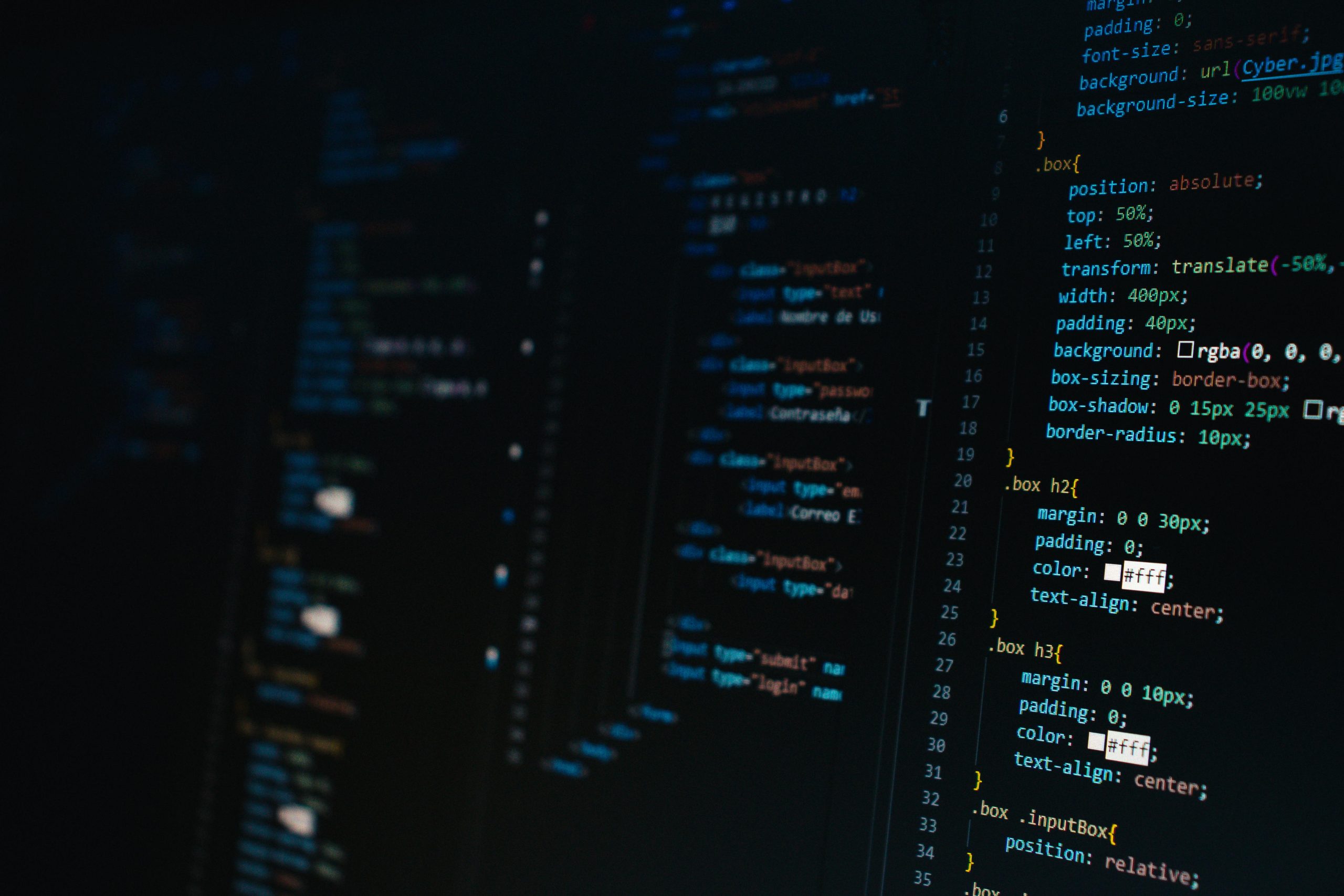Imagine the following scene: You walk into your office on a quiet morning, coffee in hand, ready to tackle the day. You sit down at your desk, log into your computer, and check your email, only to find a message from your bank warning you of suspicious activity in your account. Confused, you check your bank’s website and see that your account has been wiped out—everything gone. Someone has hacked into your account, accessed your personal information, and transferred your funds. You feel powerless, betrayed, and vulnerable. This is just one example of how a breach of your security can lead to catastrophic consequences.
But how does something like this happen? Why is your information suddenly no longer under your control? The answer lies in three core principles of cybersecurity: Confidentiality, Integrity, and Availability—also known as the CIA Triad. Understanding these principles is not just for the cybersecurity experts. It’s for everyone who uses technology—whether you’re an individual protecting your personal data or a business securing your organization’s network. So, let’s dive into these vital concepts and explore why they’re at the heart of all cybersecurity efforts.
A Real-Life Hacking Story: The Equifax Breach
To truly understand the importance of the CIA Triad, let’s take a look at one of the most shocking data breaches in history—the Equifax breach of 2017.
Equifax, one of the largest credit reporting agencies in the world, was attacked by hackers who exploited a known vulnerability in a web application framework called Apache Struts. Despite the fact that a patch had already been released to fix this vulnerability, Equifax failed to apply it in time.
Over 147 million Americans had their personal data—including names, social security numbers, birth dates, addresses, and even some driver’s license numbers—compromised. The breach also affected the confidentiality of sensitive financial data and undermined the integrity of Equifax’s ability to protect customer information.
The aftermath? Individuals whose confidentiality was breached suffered identity theft, fraud, and a severe loss of trust in the company that was supposed to keep their data safe. Equifax was forced to pay over $700 million in fines and settlements.
The breach was a mind-blowing event that highlights how critical it is for organizations to maintain the three foundational pillars of cybersecurity: Confidentiality, Integrity, and Availability. But why are these principles so crucial? Let’s break them down.
The Three Pillars of Cybersecurity: The CIA Triad
1. Confidentiality: Keeping Information Private
Confidentiality ensures that your data is only accessible to those authorized to view it. It’s the principle that drives the use of strong passwords, encryption, and secure networks.
Imagine if your personal email or social media accounts were to be exposed to the public—every secret, every message, every detail about your life laid bare. That’s why confidentiality matters. It’s the digital equivalent of locking your front door and only giving the key to trusted people.
To maintain confidentiality, organizations often use encryption to protect sensitive data and authentication mechanisms (like multi-factor authentication or MFA) to verify users’ identities.
2. Integrity: Ensuring Data Accuracy
Integrity refers to the accuracy and trustworthiness of your data. This principle ensures that information is not tampered with during transmission or storage.
For example, let’s say you’re making a bank transfer. You want to make sure that the amount you send is exactly what you intended, and that no one can change the number halfway through the process. Without integrity, that transaction could be altered, leading to fraud or even accidental loss of funds.
To safeguard integrity, cryptographic checksums, hashing algorithms, and digital signatures are often used. These techniques help ensure that data hasn’t been modified or corrupted.
3. Availability: Ensuring Data is Accessible When Needed
Availability ensures that data and systems are accessible and functional when required. If a critical system goes down, it can bring business operations to a halt. Imagine trying to withdraw money from an ATM or access your work email only to be met with an error message or, worse, a system that’s down entirely.
Maintaining availability means redundancy in your systems—backing up data, ensuring there are backup power supplies, and maintaining failover systems in case of server crashes. It’s also about protection from denial of service (DoS) attacks, which aim to overwhelm a system and make it inaccessible to legitimate users.
The Power of the CIA Triad: Real-World Applications
Let’s put the CIA Triad to the test with some practical examples:
- Confidentiality: If you’re using an online banking app, confidentiality ensures that only you can access your account. Your password, and perhaps your biometrics or a 2FA code, act as barriers to unauthorized access.
- Integrity: When you receive a notification from your bank that a transaction was successful, the integrity of the transaction ensures that the amount shown is exactly what you intended to send. If hackers had compromised this, they could have altered the transaction amount.
- Availability: Think of a hospital system that tracks patient records. For doctors to provide life-saving treatment, those records need to be available 24/7. If the system goes down or is attacked, patient care could be delayed, and lives could be at risk.
These principles aren’t just theoretical—they’re at the core of protecting every piece of data you interact with daily. From your emails to online purchases, the CIA Triad ensures that your information remains safe, accurate, and accessible.
A Strong Foundation for a Secure Digital World
The CIA Triad serves as the foundation of cybersecurity and is essential for protecting individuals and organizations alike. Whether you’re securing your personal accounts or safeguarding sensitive business data, understanding these three principles will empower you to take control of your security.
Cybersecurity might seem intimidating at first, but by starting with the basics, like the CIA Triad, you’re already on your way to becoming a defender of the digital world. Remember, it’s not just about installing antivirus software or setting up a firewall. It’s about fostering a mindset of awareness and responsibility, whether you’re a student, a professional, or a business owner.
So, the next time you use a password or share information online, think about how you’re protecting confidentiality, ensuring integrity, and maintaining availability. By doing so, you’re not just keeping your data safe—you’re helping to build a stronger, more secure digital world for everyone.
Stay safe, stay aware, and remember: cybersecurity is everyone’s responsibility!


